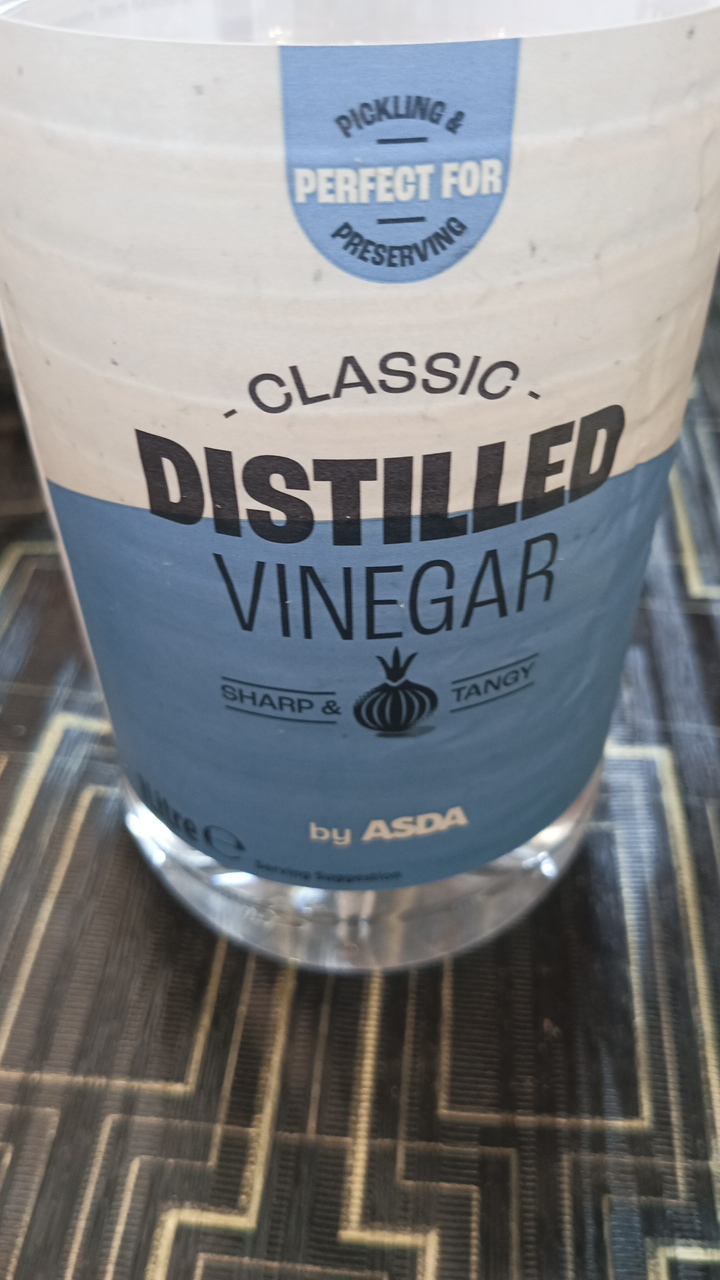
Barcode: 5057172978878
unknown
HALAL
📝 Reason: Vinegar is permissible in Islam as it undergoes a transformation process that changes its original state, making it Halal. This is supported by Islamic scholars and references such as IslamWeb, which confirms its permissibility based on the transformation principle.
📄 Certificates: None
Ingredients:
Details
Is Vinegar Halal? Understanding Its Status in Islam
When it comes to dietary choices in Islam, many Muslims often seek clarity on the Halal status of various products. One common ingredient that raises questions is vinegar. In this article, we delve into the Halal status of vinegar, exploring its origins, production process, and why it is considered permissible according to Islamic teachings.
Halal Status of Vinegar
Vinegar is classified as Halal, which means it is permissible for Muslims to consume. The primary reason for its Halal status lies in the transformation process it undergoes during production. When vinegar is made, ethanol (which may be derived from various sources) is fermented by acetic acid bacteria, resulting in a product that no longer retains the original state of alcohol. This transformation is significant in Islam, as it changes the chemical structure of the substance, making it acceptable for consumption.
Islamic Foundation on Vinegar
Islamic scholars widely support the permissibility of vinegar based on the principle of transformation (Istihalah). According to a fatwa from IslamWeb, vinegar is not only Halal but is also a common part of diets across various cultures. Its use in cooking and food preservation has been embraced for centuries, underscoring its importance in culinary practices among Muslim communities.
Ingredients and E-Numbers of Vinegar
Notably, vinegar on its own typically comprises only one ingredient: vinegar itself. For those curious about E-numbers, in this case, there are none applicable to vinegar, as it is typically listed without any additives. The detailed breakdown of vinegar is as follows:
- ECode: N/A
- Name: Vinegar
- Status: Halal
- Details: Vinegar is produced through the fermentation of ethanol by acetic acid bacteria, which alters its initial composition.
- Source: IslamWeb
Brand and Certificate Context
This overview pertains to vinegar broadly, without specific branding or certification references, as vinegar generally falls into a category that does not require Halal certification due to its inherent properties and mainstream acceptance in Islamic dietary laws.
Conclusion
In conclusion, vinegar is not only a versatile kitchen staple but also a Halal ingredient that is embraced by Muslims worldwide. With a simple ingredient list and an extensive culinary application, this ubiquitous ingredient can enhance flavors without compromising Halal practices. For anyone questioning its status, the answer is clear – vinegar is Halal and a safe choice to incorporate into your diet.

